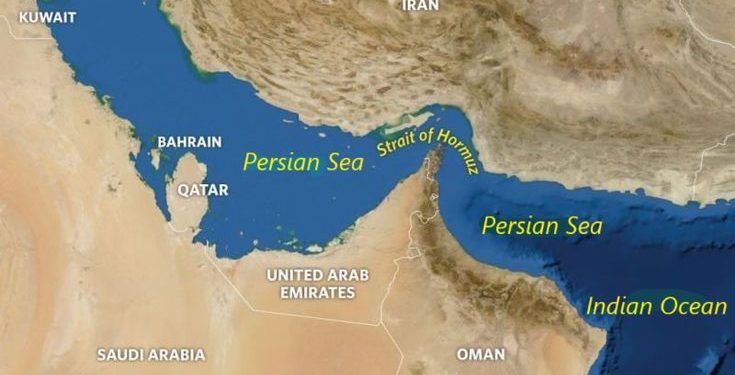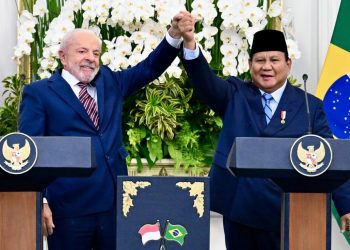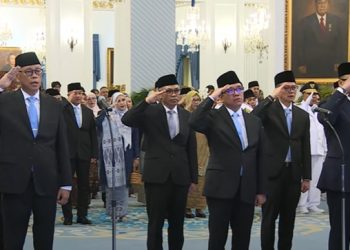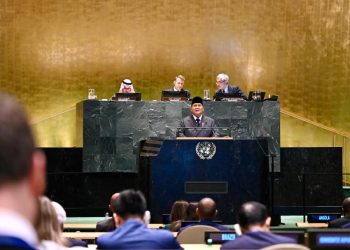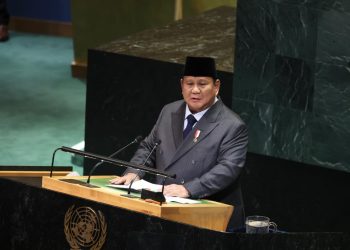Jakarta, Indonesia Sentinel — Iran’s Parliament on Sunday (June 22) approved a proposal to close the Strait of Hormuz to all maritime traffic following U.S. military strikes on key nuclear facilities in the country.
Earlier that morning, U.S. President Donald Trump announced that American forces has succesfully launched attacks on three Iranian nuclear sites located in Fordow, Natanz, and Isfahan.
The strikes came amid a sharp escalation in regional tensions, triggered by a series of Israeli military actions, backed by the United States against Iran that began on June 13, prompting retaliatory measures from Tehran.
In response to the latest attacks, Iranian lawmakers began pushing for a total shutdown of the Strait of Hormuz, a move that could have far-reaching consequences for global oil markets.
“The Parliament has concluded that the Strait of Hormuz must be closed,” said Major General Esmail Kowsari, a member of the Iranian Parliament’s National Security and Foreign Policy Commission, in a statement broadcast by Iranian state outlet Press TV.
The proposed closure is being framed as a countermeasure against increasing Western pressure, which has intensified following the U.S. strikes on Iran’s nuclear infrastructure. However, the decision has not yet been finalized, and no formal legislation has been passed in Parliament regarding the move.
Read Also:
Indonesia to Evacuate Citizens from Iran Amid Escalating Iran-Israel Conflict
General Kowsari clarified that the ultimate decision rests with the Supreme National Security Council, Iran’s top security authority. “The final decision on this matter will be made by the Supreme National Security Council,” he told local media.
Kowsari, who also serves as a senior commander in Iran’s Islamic Revolutionary Guard Corps (IRGC), stated that closing the Strait of Hormuz is already on the agenda and “will be enacted whenever deemed necessary.”
The Strait of Hormuz is one of the world’s most critical chokepoints for oil shipments. It lies between Iran and Oman, connecting the Persian Gulf to the Gulf of Oman and the Arabian Sea.
The strait serves as a vital conduit for crude oil exports from major producers including Saudi Arabia, the United Arab Emirates, Bahrain, Qatar, Iraq, and Kuwait. Roughly 20% of the world’s oil and gas supplies flow through the narrow waterway.
(Raidi/Agung)


